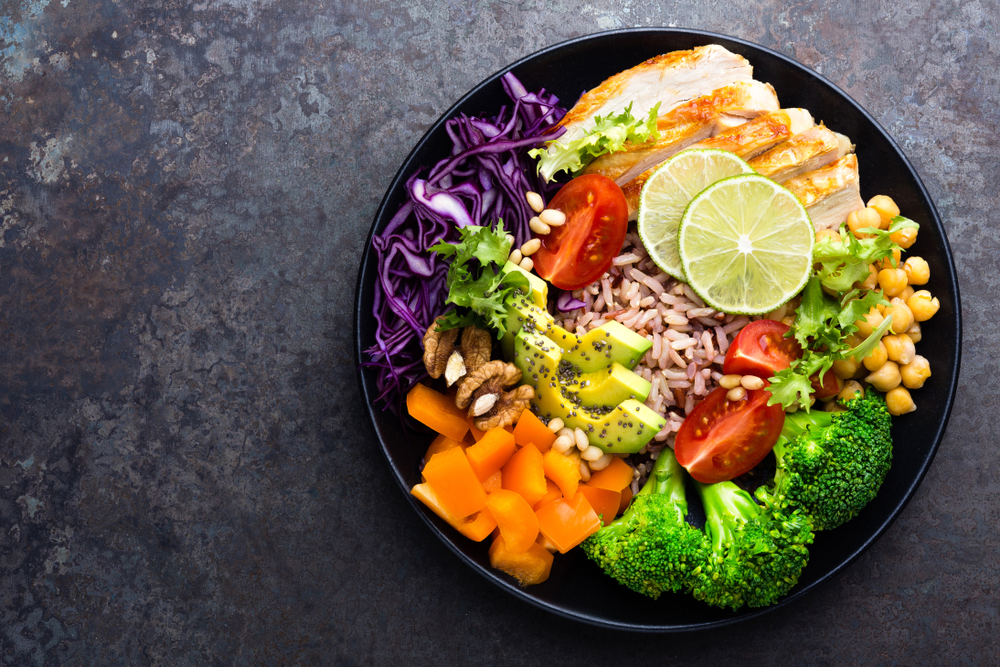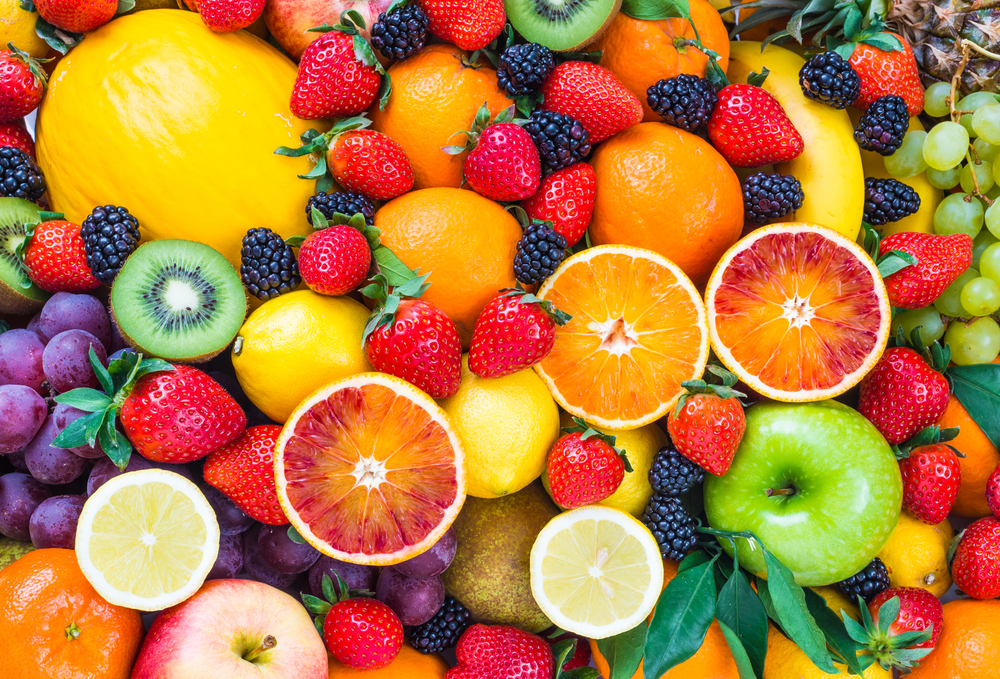
Go on and eat your way to IVF success with these amazing fertility superfoods.
Your plate can conjure magical spells on your fertility. Here, we share 6 fabulous superfoods that can boost your chances of a successful in vitro fertilisation (IVF) cycle.
To Visit: The Best Fertility specialist in Chennai
And no, we don't mean chips and cookies, so strike those off your list, s'il vous plait. Unsaturated fats and fatty acids, however, can work wonders for your health, helping your body absorb nutrients from other foods better.
Food Sources: Avocados, nuts, fatty fish, seeds, eggs, dark chocolate; and olive, canola, vegetable, safflower, corn and soybean oils.
Protein can stimulate hormone and egg production, both of which are critical to IVF success. Try and include at least 60 grams of protein a day in the lead up to your IVF cycle, to prime your body to respond optimally to ovulation induction and embryo transfer.
Food Sources: Lean meats, seafood, beans, soya, eggs, nuts, seeds, oats, paneer, milk, yogurt, broccoli, lentils.

If you've always looked at carbs as cheeky little devils that tempt you into calorific snackcidents, it's time for a change of perspective.Healthy carbohydrates can serve as fuel banks for your daily activities, keeping you high on energy. And in turn, they can help maintain your reproductive ecosystem.
Food Sources: Fruits, whole grains, honey, sweet potatoes, yams, brown rice, corn, beetroots, dates and raisins.
Ever heard of the saying 'fruits are nature's candy'? Well, if you haven't, you have now. Fresh, organic fruits can satiate your sugar cravings and give you a welcome nutritional boost.
Likewise, fresh and wholesome veggies can enrich your body with nutrients and augment your reproductive health.
Food Sources: Mangoes, apples, bananas, oranges, strawberries, kiwis, guavas, sapotas, pomegranate and pineapple.

You Would Also Like To Read: Fertility Superfoods - What Foods Can Help You Conceive?
Organic foods are harvested naturally, without any chemicals or pesticides (both of which are endocrine stressors).Chemicals and pesticides can wreak havoc on your reproductive hormones, which is why it's a good idea to pick organic produce, especially when you're preparing for an IVF cycle.
Food Sources: Organic fruits, organic veggies, organic pulses, organic fruit juices, organic food grains, organic milk, organic meat, organic tea, organic eggs and organic beverages.
Zinc is imperative for optimised fertility, and women undergoing the IVF process are advised to have at least 15 milligrams of zinc per day to boost their reproductive health and maintain their hormonal equilibrium.
Food Sources: Sesame seeds, flax seeds, pumpkin seeds, cocoa powder, oats, eggs, kidney beans and chickpeas.

Non-natural sugars and genetically modified foods can disrupt your body's natural programming. So, if you're big on cola, candy and cookies, it's best to sit down and think about how you can substitute these foods with healthier alternatives. Nimbu pani with stevia, dehydrated fruit and whole grain muffins can appease your taste buds just as well as the 3 Cs mentioned above, yet do your fertility much more justice.
Are you a connoisseur of all things coffee or tea? If you are, it's wise to dial down your caffeine consumption for your fertility. That's not to say you need to bid farewell to your morning filter coffee or your evening chai. Oh, no. It only means you should limit your intake to two cups a day.Caffeine doesn't just disrupt your fertility, it also increases the risk of miscarriage, and hampers your body's natural iron and calcium absorbing mechanism.
Alcohol can coax your body into letting go of precious nutrients like folic acid and zinc by acting as a diuretic. It also damages eggs and sperm, so it's worth cutting out the booze while you're trying to get pregnant.
If you're planning IVF, it's only fair to take all the possible measures to give your body the best chances of conception. Good nutrition can pave the way to IVF success. All it takes is a little mealtime mindfulness.
Must Read: Which Foods Lead To Female Infertility And Hurt Pregnancy?